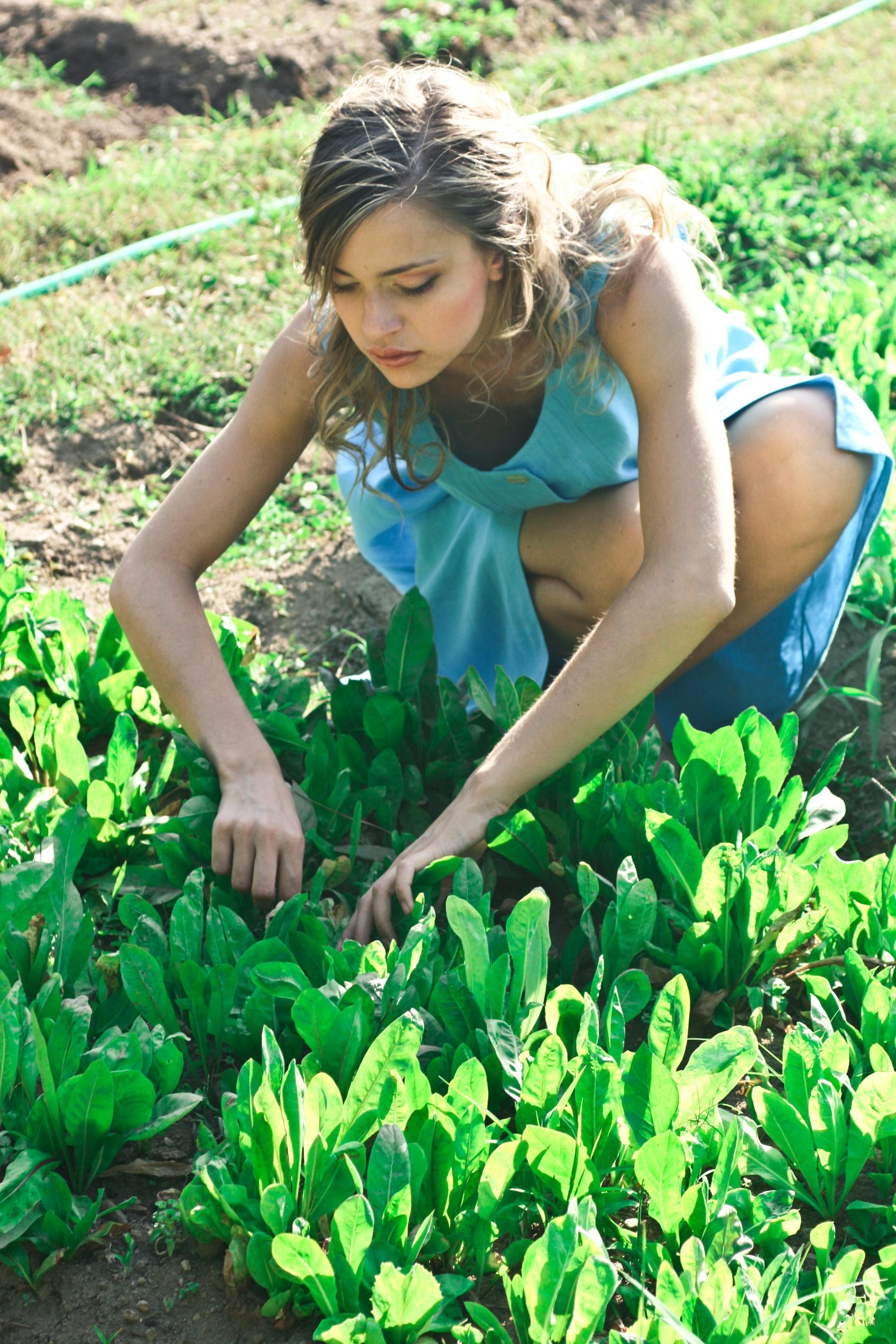Healthy soil is the foundation of a thriving garden. It supports plant growth, retains moisture, and fosters beneficial microorganisms. However, many gardeners struggle with poor soil quality due to erosion, compaction, or chemical overuse. The good news? You can improve soil health naturally with simple, sustainable practices. Whether you’re growing vegetables, flowers, or herbs, these methods will help you create a nutrient-rich environment for your plants to flourish.
Add Organic Matter Regularly
One of the best ways to boost soil health is by incorporating organic matter. This improves soil structure, enhances water retention, and provides essential nutrients for plants. Here are some effective sources of organic matter:
- Compost: Homemade or store-bought compost adds nutrients and improves soil texture.
- Manure: Well-aged animal manure (like cow, horse, or chicken) enriches the soil with nitrogen and other minerals.
- Leaf Mold: Decomposed leaves create a humus-rich amendment that enhances soil fertility.
- Cover Crops: Plants like clover or rye can be grown and then tilled into the soil to add organic material.
Apply a 2-3 inch layer of organic matter to your garden beds annually and gently work it into the topsoil for best results.
Practice No-Till Gardening
Tilling disrupts soil structure, destroys beneficial fungi, and can lead to erosion. Instead, consider no-till gardening to preserve soil health. Here’s how:
- Mulch Heavily: Use straw, wood chips, or grass clippings to suppress weeds and retain moisture.
- Use Broadforks: Instead of tilling, loosen compacted soil with a broadfork to aerate without disturbing microbial life.
- Plant Directly into Residue: Leave plant roots in the ground after harvest to decompose naturally and enrich the soil.
No-till methods encourage earthworm activity and improve long-term soil fertility.
Encourage Microbial Life
Healthy soil is teeming with microorganisms that break down organic matter and make nutrients available to plants. To support these tiny helpers:
- Avoid Synthetic Chemicals: Pesticides and synthetic fertilizers can harm beneficial bacteria and fungi.
- Use Compost Tea: A liquid solution made from compost introduces beneficial microbes directly to the soil.
- Rotate Crops: Changing what you plant each season prevents soil-borne diseases and maintains microbial diversity.
By fostering microbial life, you create a self-sustaining ecosystem that naturally enhances plant growth.
Retain Moisture with Mulching
Mulching is a simple yet powerful way to improve soil health. It conserves water, regulates temperature, and prevents erosion. Consider these mulching options:
- Organic Mulches: Straw, leaves, or wood chips break down over time, adding nutrients to the soil.
- Living Mulches: Low-growing plants like clover act as a natural mulch while fixing nitrogen in the soil.
- Rock or Gravel: In arid climates, inorganic mulches reduce evaporation and keep roots cool.
Apply mulch in a 3-4 inch layer around plants, keeping it slightly away from stems to prevent rot.
Test and Amend Soil pH
Soil pH affects nutrient availability. Most plants thrive in slightly acidic to neutral soil (pH 6.0-7.0). Here’s how to manage it naturally:
- Test Your Soil: Use a home test kit or send a sample to a lab for accurate pH readings.
- Raise pH Naturally: Add crushed limestone or wood ash to make acidic soil more alkaline.
- Lower pH Naturally: Incorporate sulfur, pine needles, or peat moss to reduce alkalinity.
Balancing pH ensures plants can absorb nutrients efficiently, leading to healthier growth.
Improving soil health naturally takes time, but the rewards are worth it. By adding organic matter, practicing no-till methods, supporting microbial life, mulching, and balancing pH, you’ll create a thriving garden ecosystem. Healthy soil means stronger plants, fewer pests, and bountiful harvests—all without relying on harmful chemicals. Start implementing these techniques today, and watch your garden flourish like never before.
